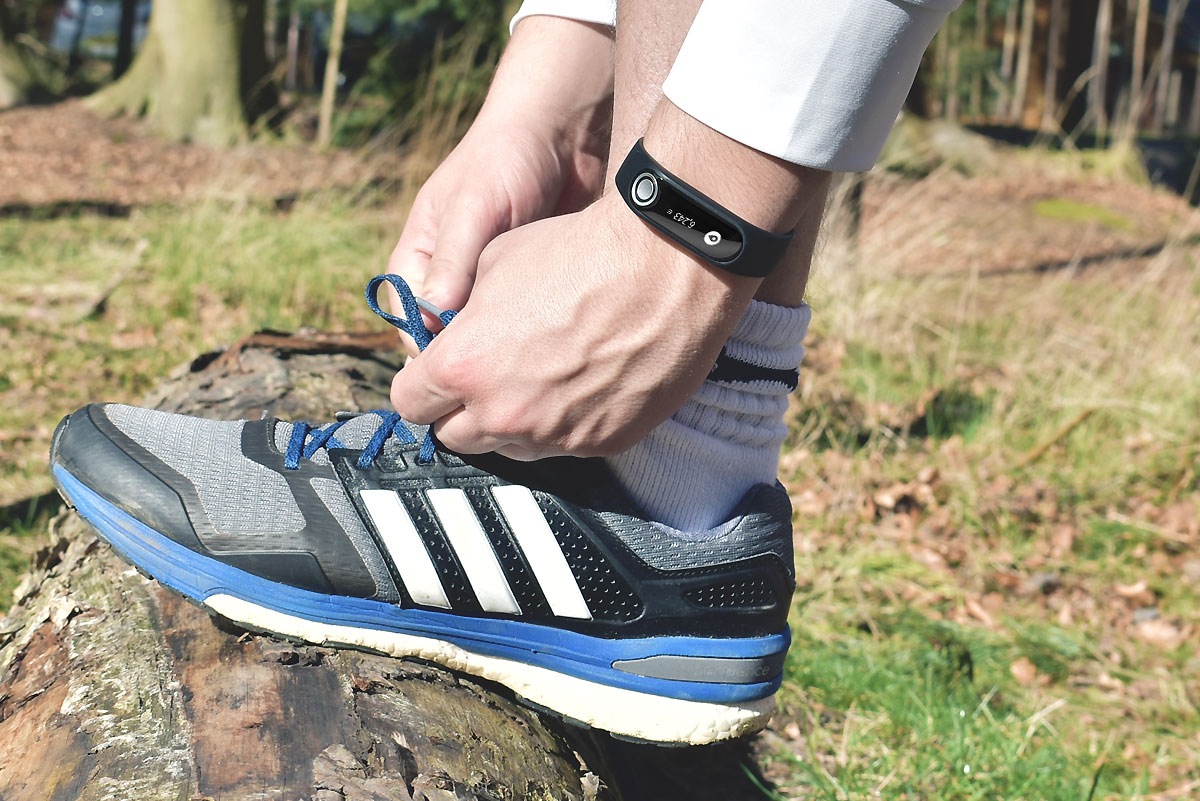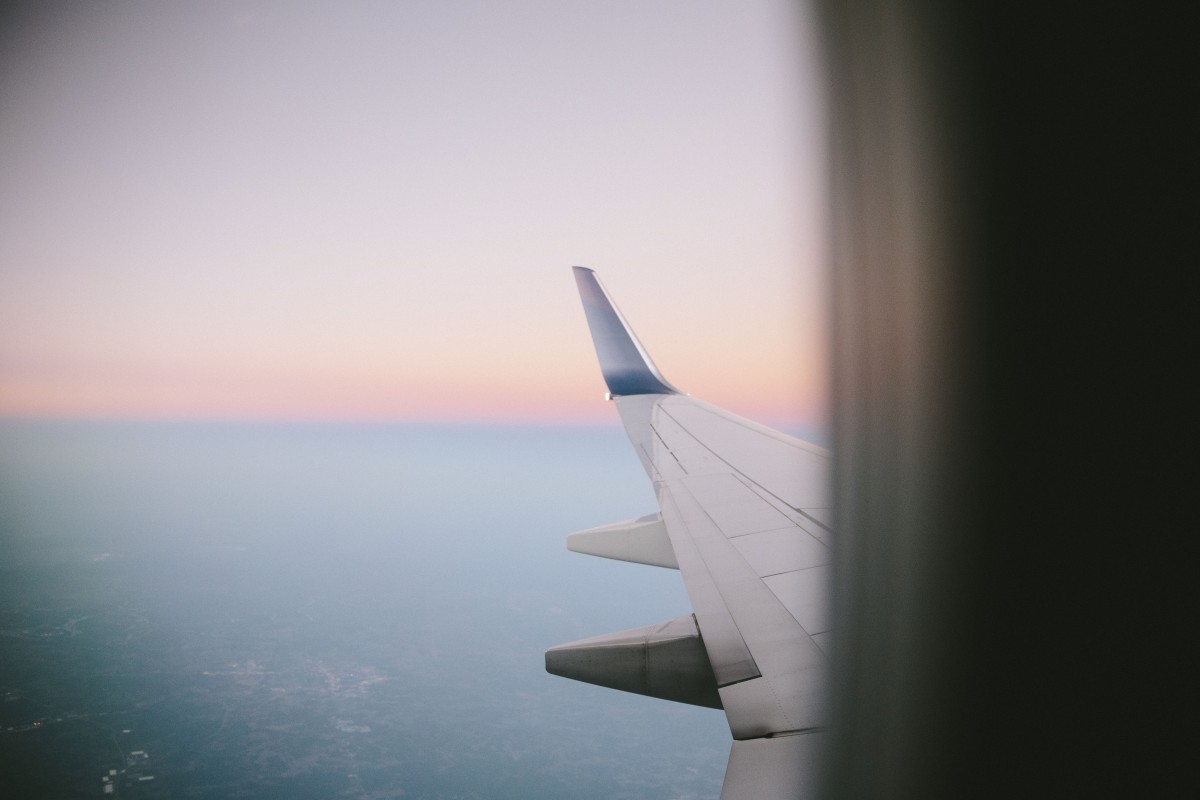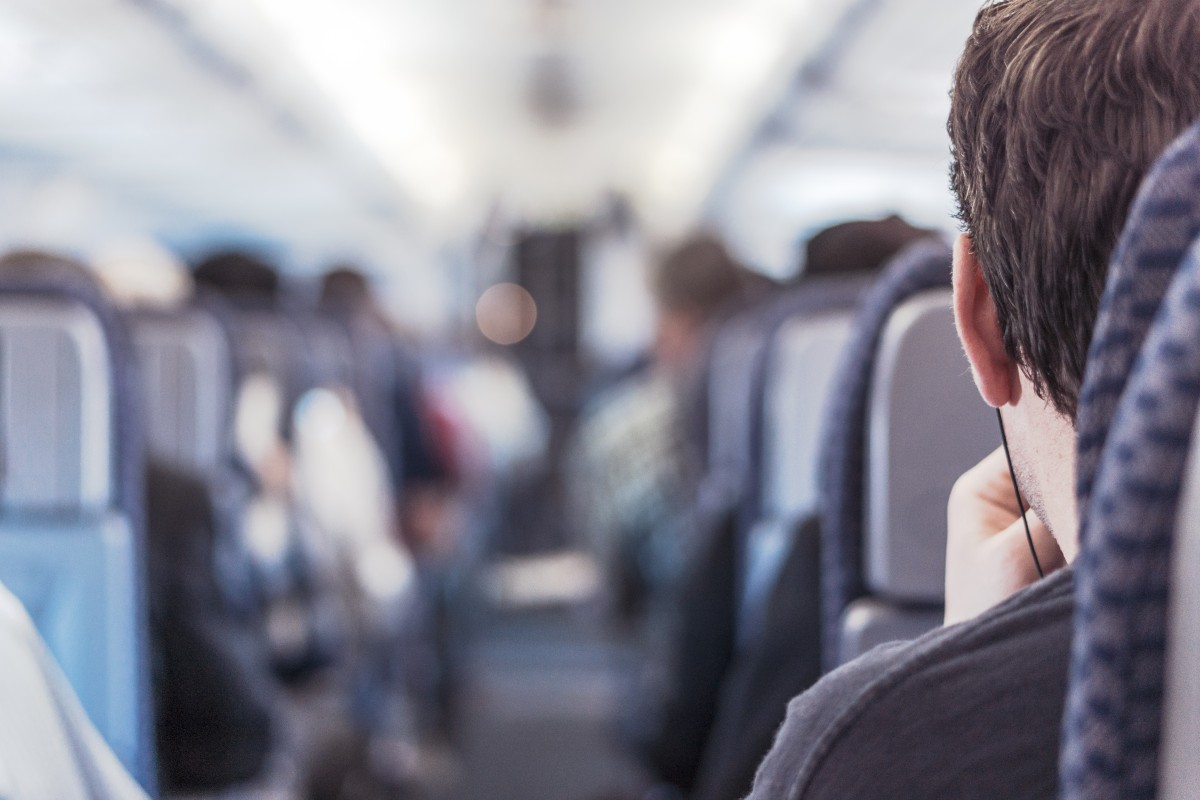Travel is great, however it can also take its toll on your body. Here is the real impact travel has on your body you might not realise…
Most of us travel pretty regularly, both for work and for leisure, and the reason for travelling can significantly affect the traveller. Travelling widens your horizons and teaches you new things, but as soon as it affects your body, you should put it on hold. Frequent travellers are aware of how travelling can change the body and mind, and it is not all good. Travelling should be a healthy and happy pursuit, but the case is not so always, and it can end up taking a toll on your body. For people who travel for business, these cases are worse since they travel frequently and at odd times for short periods.
Here is how travelling can take a toll on your body:
1) Sleeping Disorders
 The human body needs ample sleep and a regular sleeping cycle to stay healthy. Sleep deprivation can damage the body in many ways. For travellers, sleep becomes one of the most significant issues. They travel at odd times and cross many time zones which can be unhealthy.
The human body needs ample sleep and a regular sleeping cycle to stay healthy. Sleep deprivation can damage the body in many ways. For travellers, sleep becomes one of the most significant issues. They travel at odd times and cross many time zones which can be unhealthy.
The lack of sleep and irregular sleep patterns are a significant contributor to chronic disease. The jet lag disorder is a big concern for travellers. It is a sleeping disorder that strengthens with the increasing number of time zones that you cross and what your age is. There are a few tips to help with the jet lag disorder, but it cannot be avoided. Avoiding caffeine and alcohol and staying hydrated, also eating healthy meals consistently.
Lack of sleep can allow for the following conditions and health damage:
- A weak immune system
- Increased insulin sensitivity and leptin sensitivity issues
- Increase or decrease in appetite
- Reduced mental activity
- Irritable disposition
2) Food
 If you’re travelling frequently or on short notice, you’re bound to be tempted to eat from the food courts at airports. This is one of the worst things you can do to your body. These foods are loaded with calories and preservatives. Without a doubt, the food options at airports and on flight are limited, and not healthy. You may see no harm in eating the snacks offered on board, but these are artificially flavoured and can be damaging to your health. Similarly, for better health, learn to avoid fizzy drinks, alcohol and caffeine when you’re in transition. As mentioned before such beverages can affect your sleep cycle and health.
If you’re travelling frequently or on short notice, you’re bound to be tempted to eat from the food courts at airports. This is one of the worst things you can do to your body. These foods are loaded with calories and preservatives. Without a doubt, the food options at airports and on flight are limited, and not healthy. You may see no harm in eating the snacks offered on board, but these are artificially flavoured and can be damaging to your health. Similarly, for better health, learn to avoid fizzy drinks, alcohol and caffeine when you’re in transition. As mentioned before such beverages can affect your sleep cycle and health.
So, it is better if you bring your snacks. It is not difficult to pick up a bag of nuts or a packet of fruit to take along with you. Even if you’re not familiar with your destination’s snacks, you can always find fresh fruit in grocery stores. In the end, your body will thank you for the healthy snack choices; you will fare far better than other travellers.
3) Exercise
 Another part of travelling that takes a toll on the human body is the inactivity while you’re in transition. It may seem like you’re relaxed, and your body is fine because you’re sitting, but sitting for too long can harm your body in different ways also. First, this is a sure way to add weight to your body. You will eat some snacks or food, and then you’ll be sitting for hours, your metabolism will slow down. Sitting for so long also affects blood circulation in the muscles, which could lead to muscular pain. Find time to exercise and move your body as much as you can while you’re travelling. Choose stairs rather than elevators and walk short distances when you can.
Another part of travelling that takes a toll on the human body is the inactivity while you’re in transition. It may seem like you’re relaxed, and your body is fine because you’re sitting, but sitting for too long can harm your body in different ways also. First, this is a sure way to add weight to your body. You will eat some snacks or food, and then you’ll be sitting for hours, your metabolism will slow down. Sitting for so long also affects blood circulation in the muscles, which could lead to muscular pain. Find time to exercise and move your body as much as you can while you’re travelling. Choose stairs rather than elevators and walk short distances when you can.
An aeroplane’s seat is not the most comfortable. You will suffer from neck and muscle spasms, mainly because of odd sleeping positions. During long flights, it is advised to stand and move around the cabin as much as is possible.
4) Viral Infections
Aeroplanes are open public spaces that are infested with a lot of germs. It is very easy to contract viral infections when you’re travelling. Frequent travellers are exposed to many surfaces that are touched by a lot of people, and that is a severe issue. Any public transport is a hotbed of infections. Cold and flu are easily contracted when you’re travelling.
Keeping yourself clean and maintaining hygiene can be difficult when you’re not in the comfort of your home, but that is what will save you from disease and viral infections.
5) Skin and Hair Changes
 Another part of the human body that suffers a lot from travelling is the skin. The environment created inside an aeroplane is not suitable for skin; it is dry, and it can end up making your skin irritable. Breakouts are very common after aeroplane rides, and more so when you’re travelling between different climates.
Another part of the human body that suffers a lot from travelling is the skin. The environment created inside an aeroplane is not suitable for skin; it is dry, and it can end up making your skin irritable. Breakouts are very common after aeroplane rides, and more so when you’re travelling between different climates.
The skin issues for oily and dry skin are different, but travellers should be prepared for anything. Cleanse your face as much as you can to avoid breakouts and moisturize your skin to repel the effects of dry airplane air. Another issue that can affect the skin is dehydration. If the body is dehydrated, it will automatically show through your skin. A dehydrated body is not beneficial for your skin.
Like skin, hair is also affected greatly because of the change in air and water. The weather, food and water changes may harm. The change in water pH levels can trigger hair loss or loss of nutrients from hair. The good thing is that it is temporary, but if you’re a frequent traveller then this issue may follow you around. To avoid greater hair loss, focus on what products you use for your hair. Treatments for hair loss and supplements for hair regain also work wonders. A tablet, named Propecia which contains the active ingredient finasteride is used widely to teat baldness and promote hair regrowth.
6) High Altitudes
 Airplane cabins must maintain a particular environment to be suitable for human beings. The humidity level inside the aeroplane is low because a large amount of the air is pulled from the outside. The higher the altitude of the plane, the drier the air will get. The dry air makes the throat, nose and skin dry, which can cause issues. Also, higher altitudes are indicative of less oxygen intake. The more you fly; the more you are exposed to this air which can create breathing problems. The air pressure can make you feel breathless.
Airplane cabins must maintain a particular environment to be suitable for human beings. The humidity level inside the aeroplane is low because a large amount of the air is pulled from the outside. The higher the altitude of the plane, the drier the air will get. The dry air makes the throat, nose and skin dry, which can cause issues. Also, higher altitudes are indicative of less oxygen intake. The more you fly; the more you are exposed to this air which can create breathing problems. The air pressure can make you feel breathless.
These potential harms are damaging your body in the long run. Jet lag, skin disease, breathing problems and muscle pain are prevalent among frequent flyers. It is advised to reduce travelling hours to save your body from permanent damage.


